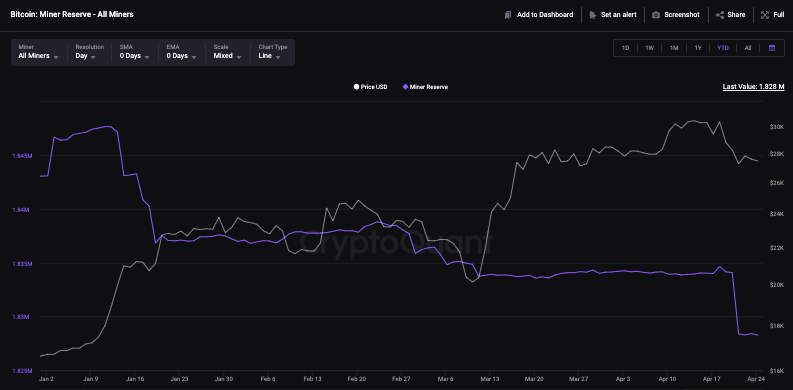Russian daily Kommersant recently reported that for the first time ever in history, Russia grabbed the second position worldwide in terms of the amount of power involved in Bitcoin and crypto mining. As per the report, BitRiver—a company that provides hosting services for mining operators—said that in the first quarter of the year, the Russian Federation reached a generating capacity of 1 Gigawatt [GW].
The United States continues to maintain the top position, and boasts of 3-4 GW of mining capacity. The other top-10 regions reportedly include,
The Gulf countries (700 MW), Canada (400 MW), Malaysia (300 MW), Argentina (135 MW), Iceland (120 MW), Paraguay (100–125 MW), Kazakhstan (100 MW ) and Ireland (90 MW).
At the end of 2021, Russia was ahead of the United States and Kazakhstan in terms of Bitcoin mining capacity. Notably, this ranking was according to the Cambridge Center for Alternative Finance. In January 2022, however, the country ranked fifth.
Chalking out the reason for the latest displacement, the report highlighted,
“According to BitRiver experts, the positive dynamics is associated with the limitation of mining activities in Kazakhstan last year, and earlier in China due to a shortage of electricity.”
Specifically, during the end of last year, the Kazakh Parliament introduced licensing of mining and related activities. It also provided for measures to protect the national energy system from unregulated mining.
Also Read: Kazakhstan approves Bitcoin Mining Bill
All eyes on the US?
Although U.S. tops the list, BitRiver CEO Igor Runets said that the development of the American market is slowed down. The contributing factors include rising electricity price, reduced mining profitability, and the abolition of tax incentives. He added,
“In addition, the vast majority of equipment was purchased by American miners on credit, so many over-leveraged companies are in the process of bankruptcy or have already gone bankrupt“
President Joe Biden recently called for a 30% tax on all electricity used to mine Bitcoin and other cryptos. In his annual budget proposal, he revealed that the excise tax proposed would be phased in over three years at a rate of 10% in the first year, 20% in the second, and 30% thereafter. Thus, at this stage, all eyes remain on the U.S.
Also Read: President Biden Proposes 30% Tax on Electricity Used to Mine Cryptocurrency
According to Roman Nekrasov, Co-Founder of the ENCRY Foundation,
“Since the United States remains the leader in terms of total hashrate, all the attention of market participants is drawn to the actions of American regulators.”
Leaving aside rankings and regulations, it should be noted that miners continue to remain under distress. Alongside the broader sell-off triggered by the flash crash last week, even miners have been selling their Bitcoin holdings. Like illustrated below, a steep drop in the curve was noted in the period between 20-21 April. At press time, the reserve of all the miners stood at 1.828 million, down from mid-April’s peak of 1.834 million.


Also Read: Bitcoin Mining is a Weapon for Modern Wars: U.S. Space Force Major





